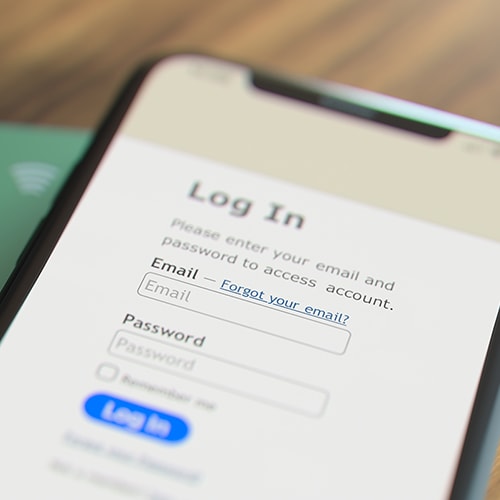The cybersecurity attack that hit Chipotle Mexican Grill restaurants recently is a reminder that you could be at risk anytime you pay with a credit or debit card.
The Denver-based Mexican restaurant chain disclosed the payment card security breach on April 25, 2017. The company also outlined what you can do to protect yourself from fraudulent charges that could appear on your statements in the future.
On its website, Chipotle said it completed “an investigation that involved leading cybersecurity firms, law enforcement, and the payment card networks.”
No one wants to lose personal information, but consumers are not alone in this type of breach, according to Kevin Haley, director of security response at Symantec.
“The good news is that the credit card companies are very good about discovering stolen cards and shutting them down,” Haley says. “But consumers should always be watching their bills for suspicious charges. If they suspect a problem, then they should call their credit card company right away. The credit card company will know what to do.”
[Full Disclosure: Symantec is the parent company of LifeLock and Norton brands that sells digital security solutions. This article, however, is educational in nature and not designed to promote any offerings and/or services. Our goal is to inform readers, and empower them to make smart decisions.]
Chipotle data breach by the numbers
Here’s what you need to know about the Chipotle attack.
The breach affected most of its 2,250 Chipotle restaurants nationwide, as well as all seven locations of Pizza Locale, a company affiliate. Chipotle has not said how many customers were affected.
Hackers used malware to access customers’ payment card information at point-of-sale devices between March 24 and April 18, 2017. The thieves stole information contained on the magnetic strip on the back of the payment cards. This information can include names, credit card numbers, expiration dates and security codes.
What does this mean for you? If you used plastic to pay for a meal at a Chipotle restaurant during the hack, your payment information could potentially be used to make fraudulent purchases. Chipotle has launched a tool to help you find out which of its restaurants had data stolen and on what dates.
Should you be nervous about grabbing a Chipotle burrito for lunch and paying with plastic? Based on what Chipotle said in its online statement, probably not. The company said it removed the malware from its system during its investigation of the breach.
What to do after a data breach
The restaurant chain has posted information on its website to help you guard against fraudulent activity on your payment accounts. Among its suggestions is something you should keep in mind even if your data hasn’t been stolen: Review your payment card statements to make sure there are no suspicious transactions.
Chipotle’s other suggestions include these:
- Review your free credit reports for any unauthorized activity. To order your annual free credit report, please visit http://www.annualcreditreport.com/or call toll-free at 1-877-322-8228.
- Immediately contact the Federal Trade Commission and/or the Attorney General’s office in your state, if you believe you are the victim of identity theft or have reason to believe your personal information has been misused. You can obtain information from these sources about steps you can take to avoid identity theft as well as information about fraud alerts and security freezes.
Chipotle is working to enhance its security measures, the company said. It has also set up a helpline for its customers. If you think you may have lost your payment information as part of the breach and have a question, you can call this toll free number: 1-888-738-0534.
Editor’s note: Our articles provide educational information. LifeLock offerings may not cover or protect against every type of crime, fraud, or threat we write about.
This article contains
Start your protection,
enroll in minutes.
LifeLock is part of Gen – a global company with a family of trusted brands.
Copyright © 2026 Gen Digital Inc. All rights reserved. Gen trademarks or registered trademarks are property of Gen Digital Inc. or its affiliates. Firefox is a trademark of Mozilla Foundation. Android, Google Chrome, Google Play and the Google Play logo are trademarks of Google, LLC. Mac, iPhone, iPad, Apple and the Apple logo are trademarks of Apple Inc., registered in the U.S. and other countries. App Store is a service mark of Apple Inc. Alexa and all related logos are trademarks of Amazon.com, Inc. or its affiliates. Microsoft and the Window logo are trademarks of Microsoft Corporation in the U.S. and other countries. The Android robot is reproduced or modified from work created and shared by Google and used according to terms described in the Creative Commons 3.0 Attribution License. Other names may be trademarks of their respective owners.




